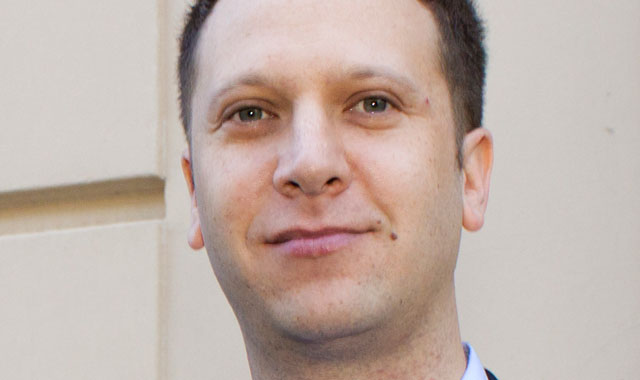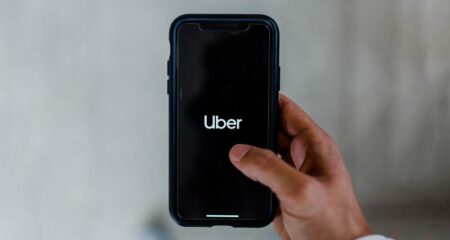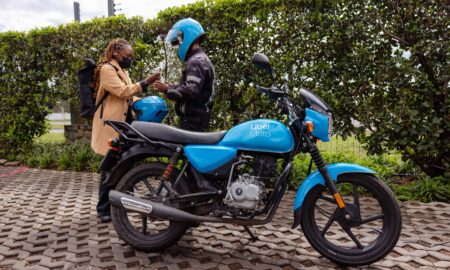
If you do not question the core of your business model, someone else will, says Uber sub-Saharan Africa MD Alon Lits.
Lits was speaking at the FNB Franchise Summit held at Johannesburg’s Montecasino on Thursday. He explained that Uber’s success is attributed to its ability to “question the status quo” of doing business.
“We need to disrupt ourselves. If we don’t, someone else will,” said Lits.
He shared some of the latest disruptions the on-demand riding service has planned for the near future.
Among these are the UberPool service. Using technology, the pooling service will connect riders in separate locations to share one vehicle, if their destinations are on the same route, explained Lits.
“Instead of having two riders, and two separate vehicles, it will be two riders in one vehicle.”
Lits explained that for the rider, the cost will be lower. Lower prices drive demand higher. For the driver, they spend less time going to a pick up location, without a paying rider in the vehicle.
“They can pick someone up, and on the way to the drop off, they can pick up another customer,” said Lits. This translates into higher revenue for the driver at a lower cost.
For cities, pooling could help reduce congestion on roads and reduce carbon emissions, which is a positive impact on the environment, he said. But in South Africa, there are no plans to roll out the UberPool service just yet, he added
Lits also commented on the UberEats service, which is disrupting the restaurant model. It will offer food delivery in 35 minutes or less. “There is no formal timeline for when this will be launched. But it will happen soon in Johannesburg,” he said.
Restaurants which have partnered with Uber see the cost benefits of the collaboration, he added. “There is more revenue through Uber than through the bricks and mortar part of business,” said Lits.
Incorporating the service could also help reduce costs of maintaining the store front while restaurants can increase marginal revenue at little cost, said Lits.
On the topic of driverless cars, Uber recently announced that users in Pittsburgh in the US will be able to hail driverless cars.
“The technology is there for it. It will take five to 10 years before it is commercialised,” said Lits.
Some of the benefits of this service is road safety, he added.
Uber also recently acquired Otto, its self-driving truck division.
“Driverless cars are a couple of years away, we won’t be catching drivers offguard,” Lits said in response to a question whether it would threaten its partnership with drivers. “ATMs did not make bank branches obsolete.”
In the same way, driverless cars will supplement the infrastructure of driver partnerships, he explained.
So far, Uber’s selling point has been its unique customer experience. It follows a disruptive model in which supply creates demand, although that may sound “backwards”.
Lits explained that when users open the app, and can see the available drivers, then it indicates reliability of the service which drives continued consumer demand.
“The more the supply, the more reliable the product becomes. The more people use Uber, the more they will continue to use Uber.”
Disruption is embedded in the company’s DNA, so naturally, innovation will be an integral part of its future strategies.




